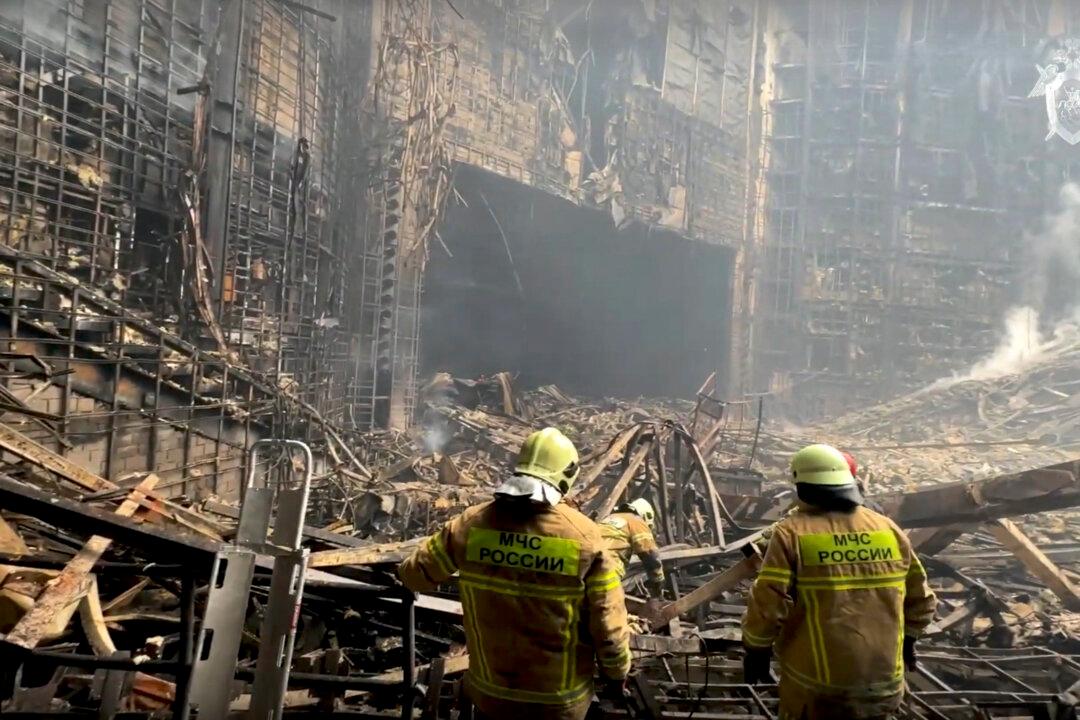Commentary
As tensions escalate across the Middle East and Iran-backed militias wage war on the United States and its allies, ISIS has been rebuilding and has apparently found the moment to strike.

As tensions escalate across the Middle East and Iran-backed militias wage war on the United States and its allies, ISIS has been rebuilding and has apparently found the moment to strike.